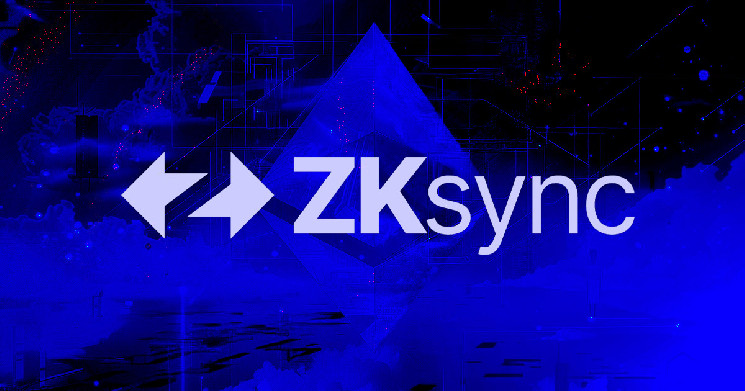Solana co-founder Anatoly Yakovenko has criticized the Ethereum Layer-2 network ZKsync for still functioning as a multisig system despite claims of community-led governance.
In a post on danger would come.
According to him:
“Enough token holders to create a quorum and enough of the ‘professional security board’ could be within the reach of any US bankruptcy judge who could order them all to bring all bridged assets under the control of a bankruptcy trust.”
His comments were in response to Alex Gluchowski, co-founder and CEO of Matter Labs, the team behind ZKsync. Gluchowski had claimed that the network’s new decentralized governance system was not a multisig setup and took “a crucial step towards Phase 2”.
Phase 2 refers to a transition from partial to full decentralization. At this stage, full trust is placed in the blockchain’s code and algorithms, making the system open, secure, and resistant to tampering.
Notably, no Ethereum Layer-2 network is fully in phase 2 of its decentralization development.
Decentralized governance
On September 12, Gluchowski announced that ZKsync’s governance system had gone live.
The system introduces a three-body structure, including the ZK token assembly: a group of token holders who delegate their voting rights to delegates. These delegates can submit and vote on proposals for protocol, token, and governance upgrades.
According to the team:
“This is perhaps the most important facet of the system: token holders and their delegates can initiate regular upgrades to the ZKsync protocol directly onchain, rather than relying on a single multisig.”
Meanwhile, delegates will also have legal protection through the ZKsync Association, a non-profit organization that addresses personal liability issues.
The second part of the governance structure is the ZKsync Security Council, which consists of engineers, auditors and security professionals. The Council has the power to review and actively approve protocol upgrades, freeze the protocol, and submit necessary time-sensitive upgrades.
However, their power is limited because they cannot unilaterally submit and approve upgrades.
Finally, the ZKsync Guardians ensure that management proposals are in line with the principles of the ZK Credo. They have a veto right and serve as a check on the other governing bodies.
The three governance entities – the Token Assembly, the Security Council, and the Guardians – work together to review and implement proposals such as ZKsync improvements, token programs, and changes to governance advice. The Token Assembly can submit proposals, which the Guardians can veto if necessary, and the Security Council must approve protocol upgrades.
Essentially, this structure prevents individuals or groups from having unilateral control over proposals and upgrades.

